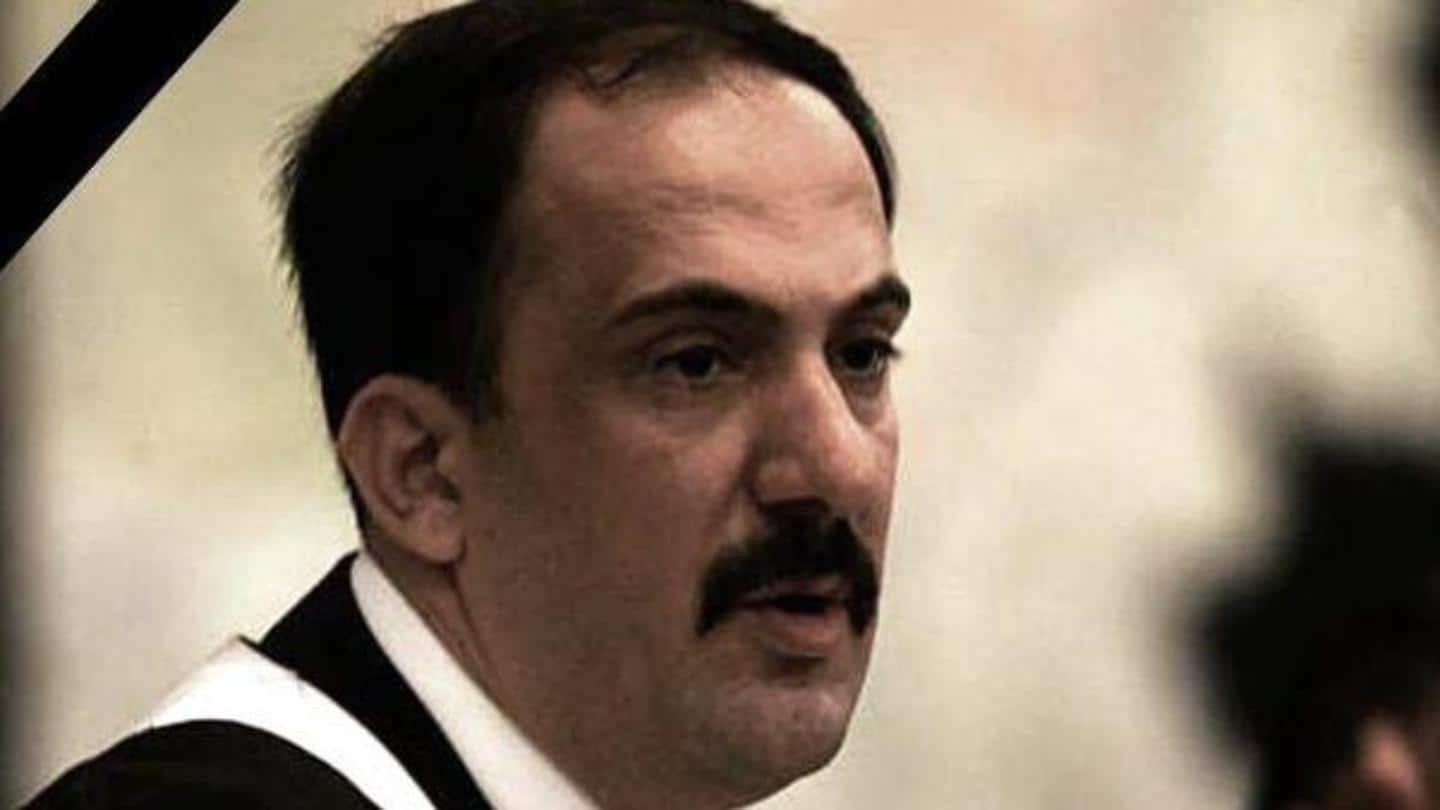
Iraq judge who presided over Saddam's trial dies of COVID-19
What's the story
A retired Iraqi judge who presided over the trial of Iraq's late dictator Saddam Hussein has died after battling COVID-19, the country's top judicial body said on Friday.
According to Iraq's Supreme Judicial Council, 52-year-old Judge Mohammed Oreibi al-Khalifa passed away in a hospital in Baghdad where he was being treated for complications from the coronavirus.
Information
Oreibi graduated from the Baghdad University in 1992
Oreibi graduated from the Faculty of Law at Baghdad university in 1992 and was appointed a judge in 2000 by a presidential decree. He shot to fame after he was named an investigative judge in the trial of Saddam and his regime in August 2004.
Genocide
Oreibi presided as lead judge in Saddam's trial for genocide
Oreibi later took over as the lead judge in Saddam's trial for genocide, which also included Saddam's cousin Ali Hassan al-Majid, known as Chemical Ali, and five other defendants on charges related to their roles in the bloody 1987-1988 crackdown against Kurdish rebels, known as the Anfal campaign.
The prosecution alleged that around 180,000 people died, many of them civilians killed by poisonous gas.
Conviction
Saddam was executed on December 30, 2006
Saddam was subsequently convicted and sentenced to death; he was executed on December 30, 2006.
Oreibi, a Shiite, replaced Judge Abdullah al-Amiri, who was removed amid accusations he was too soft on Saddam during the trial. Oreibi tolerated few disruptions from Saddam and his co-defendants during the trial, even throwing the deposed Iraqi leader out of the courtroom several times amid fiery exchanges.
Appreciation
Oreibi was lauded for his courage in handling Saddam's trial
In one session, after a shouting match between them, he ordered Saddam held in solitary confinement for several days.
The statement from the judicial council lauded Oreibi for his what it said was courage in handling the trial of Saddam and the former regime.
"He remains immortal in the hearts of Iraqis in general and the judges in particular," it said.